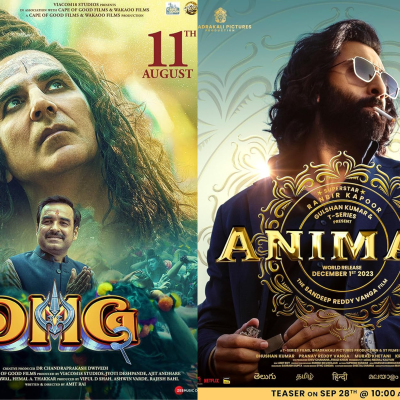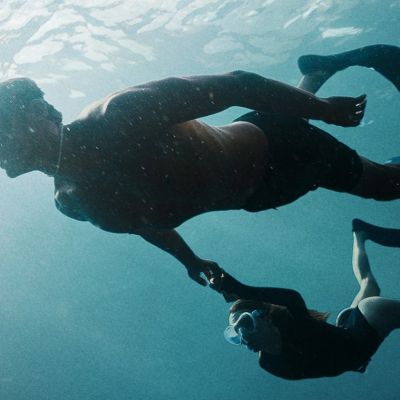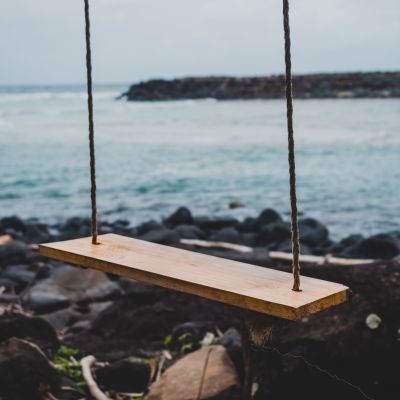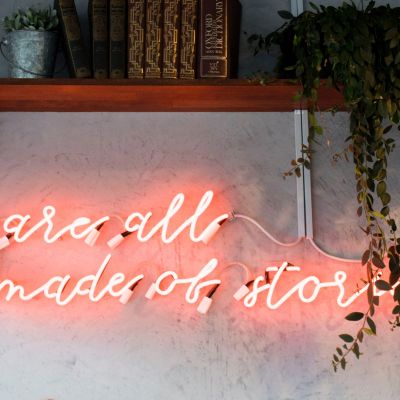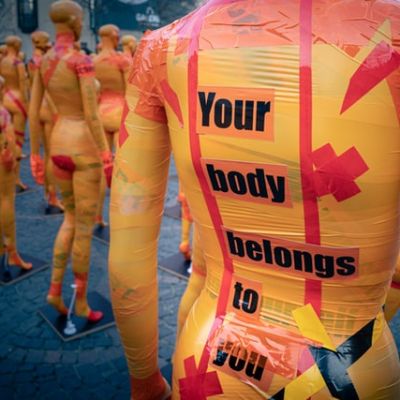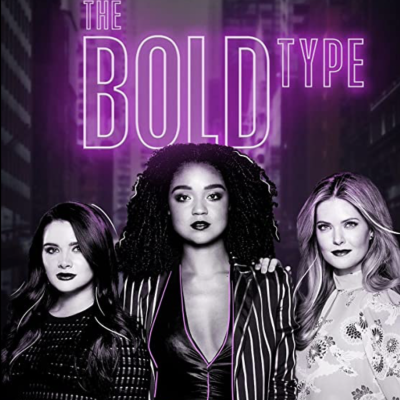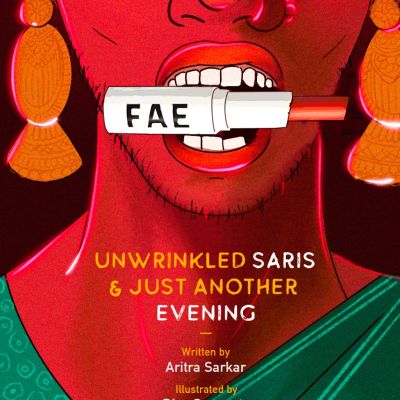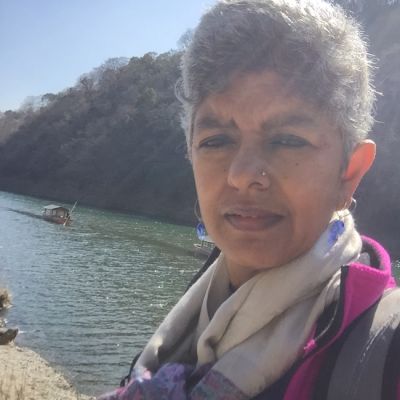Violence
We decided to watch Animal and OMG 2 and found that both the movies bring up many of the issues that we work on.
No Limits explores several themes – the struggles that athletes go through to reach their goals, the personal and professional risks they take to break records, the compromises they make and the single-minded focus required of them.
This awareness of the status ascribed to women – the status of being the objects of men’s desires – affects every aspect of a woman’s life. Desire then, in particular, becomes an aspect of a woman’s life where navigation becomes tricky.
They’ punch him
with the pejorative
‘sissy’
and blame him for his smooth skin
and pink lips
for all ‘their’
disoriented gazes.
Looking back, it seems strange, almost sad that he couldn’t contain his anxiety, couldn’t bear the shame of what he did wrong. He must have skimmed over so much turmoil, that he couldn’t accept the reality of harming someone.
When we are in tune with our authentic thoughts and feelings, vulnerability can be a guide-post in traversing through life, allowing us to forge deep and meaningful connections where we can hold space to mess up and get back on our feet again.
The largest contingent of voiceless, lonely women with limited agency in the subcontinent must be its married women. If they’re fortunate enough to be born and reach adulthood, a woman’s parents and society make sure she becomes an adult brainwashed into self-alienation and self-loathing.
None of these characters is perfect but in their imperfections we can learn more about body positivity, gender sensitivity, privilege, consent, unconscious and implicit bias, sexuality, masculinity, their intersections with class, religion, race, age, and more.
…even if people have little in common, once they enter these spaces of solidarity, they are connected to a larger community. These spaces become wellsprings of an unspoken sense of safety and mutual support between individuals of communities that share a sense of having been othered.
In a society ruled by heteronormative patriarchal structures, expressing one’s gender or sexuality outside the trimmings of what is socially acceptable is an act of resistance.
A wedding is a major event in a person’s life. The event comes with many dreams, hopes, expectations and desires….
Therefore, the question of safe spaces and alternative families is pertinent to queer identities, that are so much more than imagined by a single dominant narrative.
Feminist, activist, writer, counsellor and trainer, Nandini Rao, focuses on issues of gender-based violence and discrimination, sexuality and disability and on incest and child sexual abuse.
As someone who was surrounded by the sounds of music at home from my early childhood and with a parent who worked in rural education programmes, forming connections between art and (social) change wasn’t too difficult, albeit extremely challenging to explain to many other people who didn’t necessarily see the power that art has to deliver a message or be used as a tool for change.
Is business work? Can business that involves providing sexual services be understood as work? If work is any mental or physical activity performed for a result, then for the individual performing the activity sex work is work. If work is any activity performed as a means of survival, then sex work is work.

